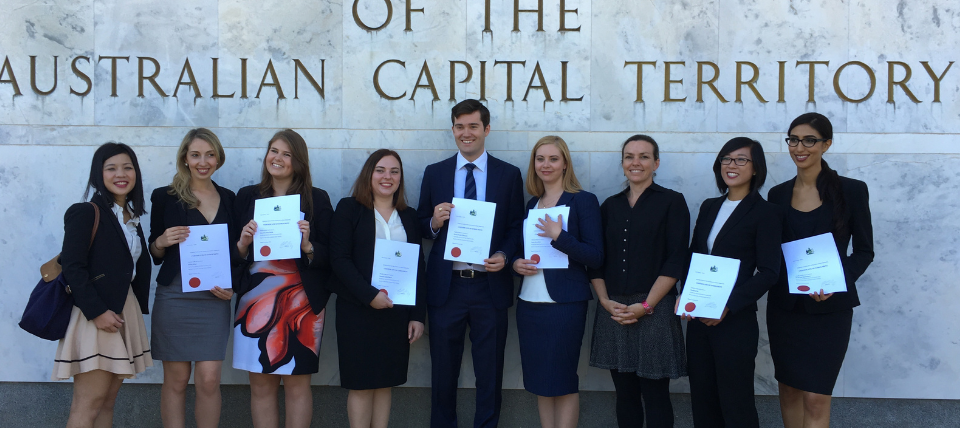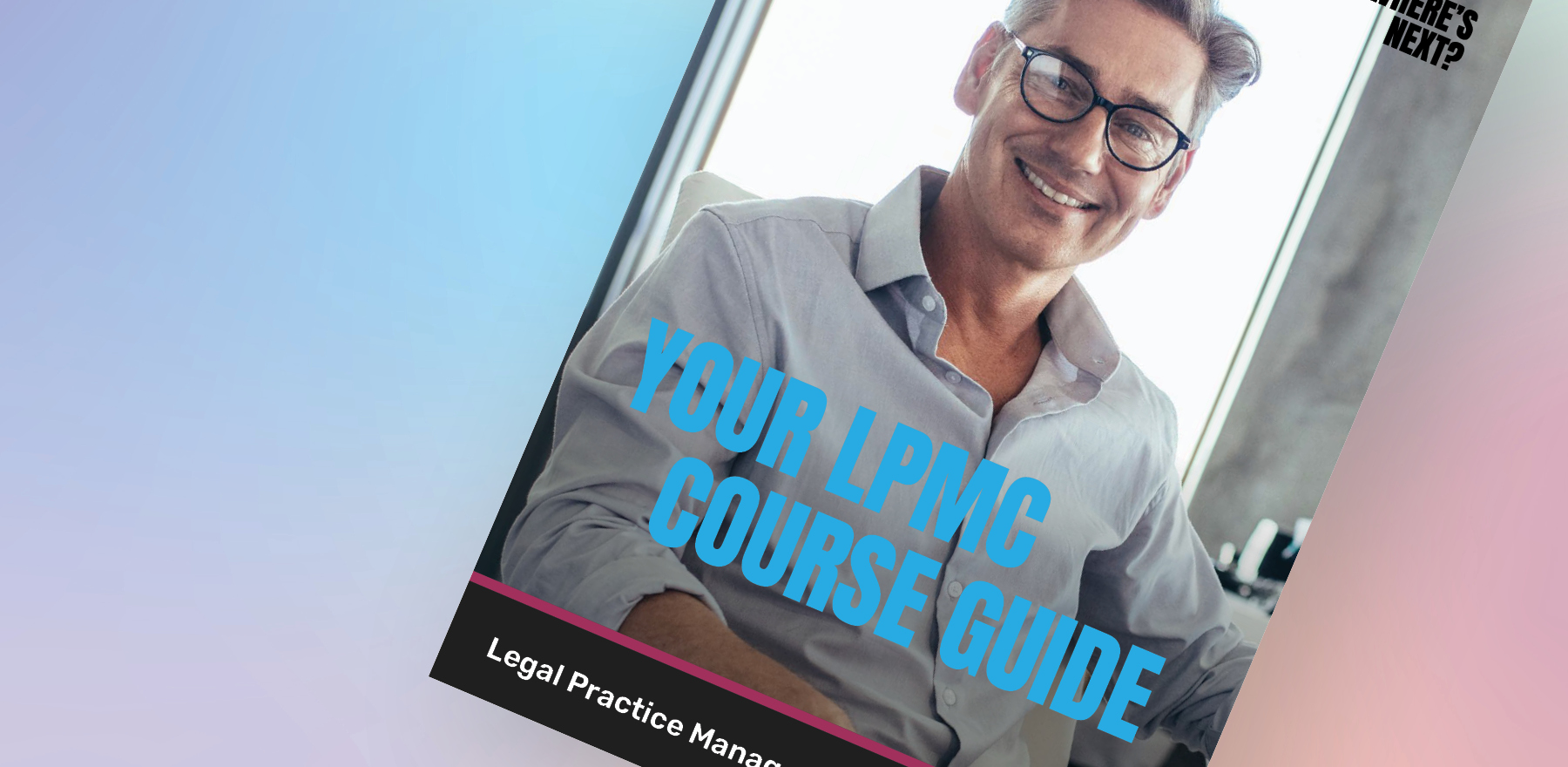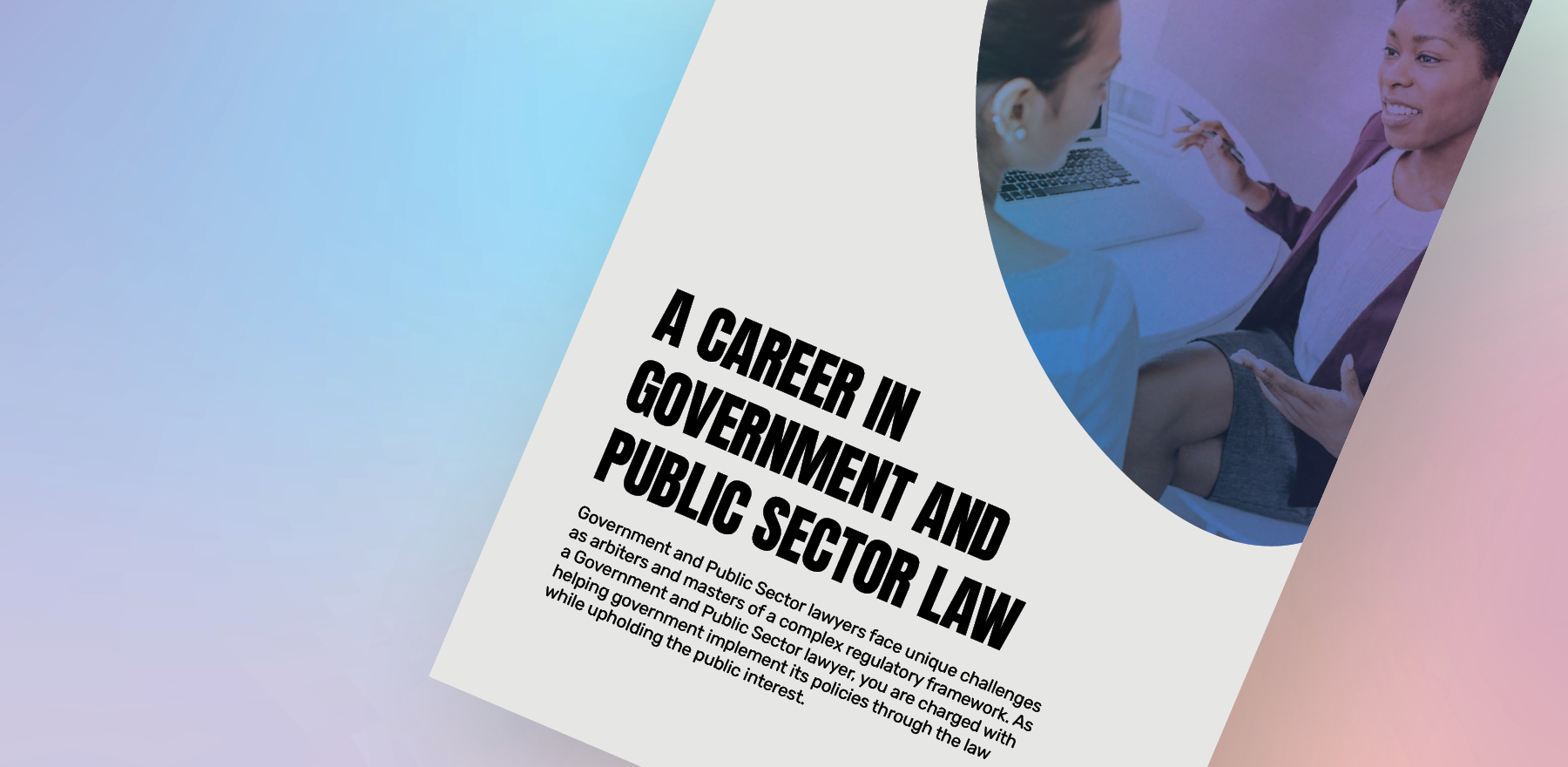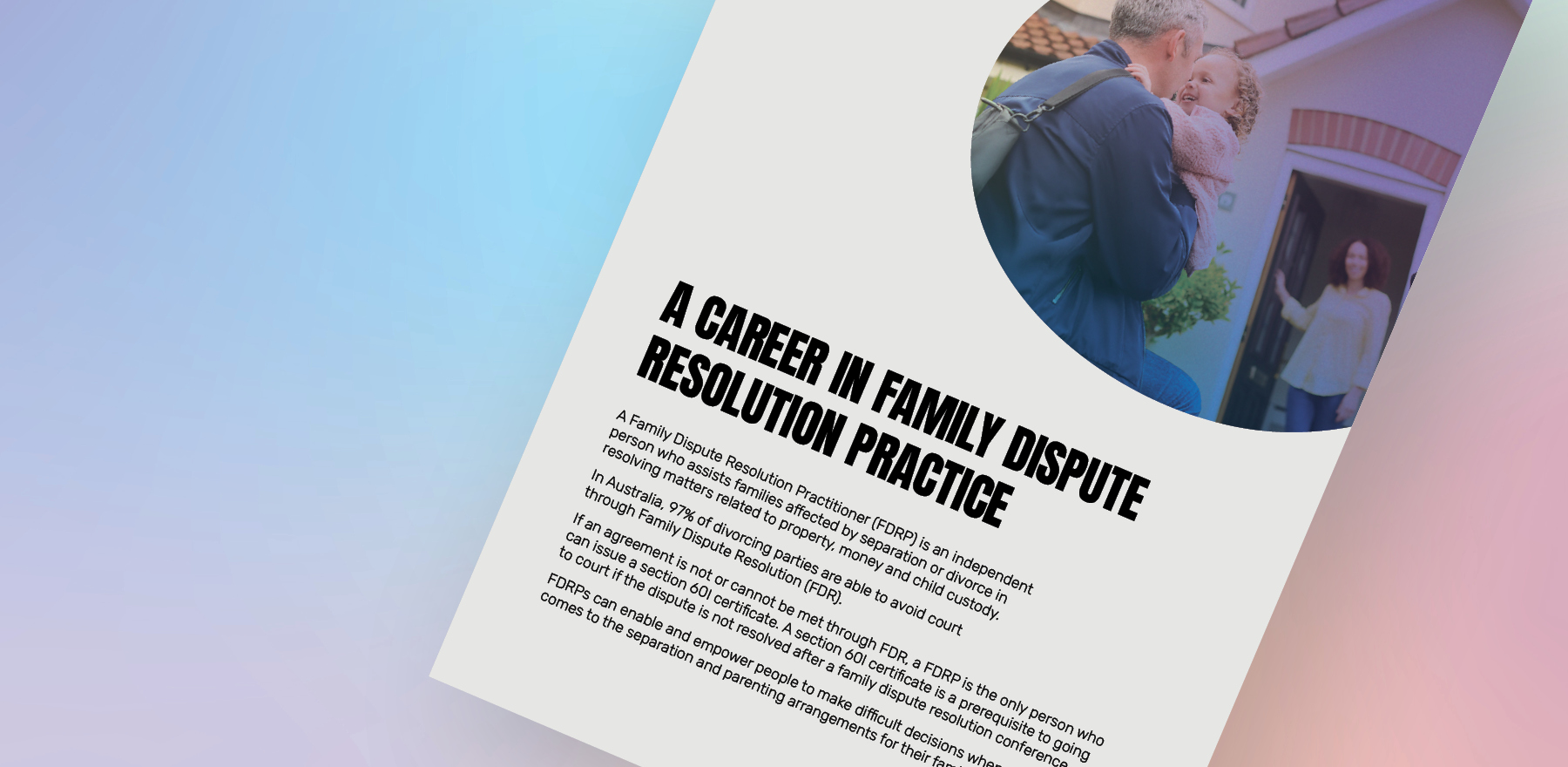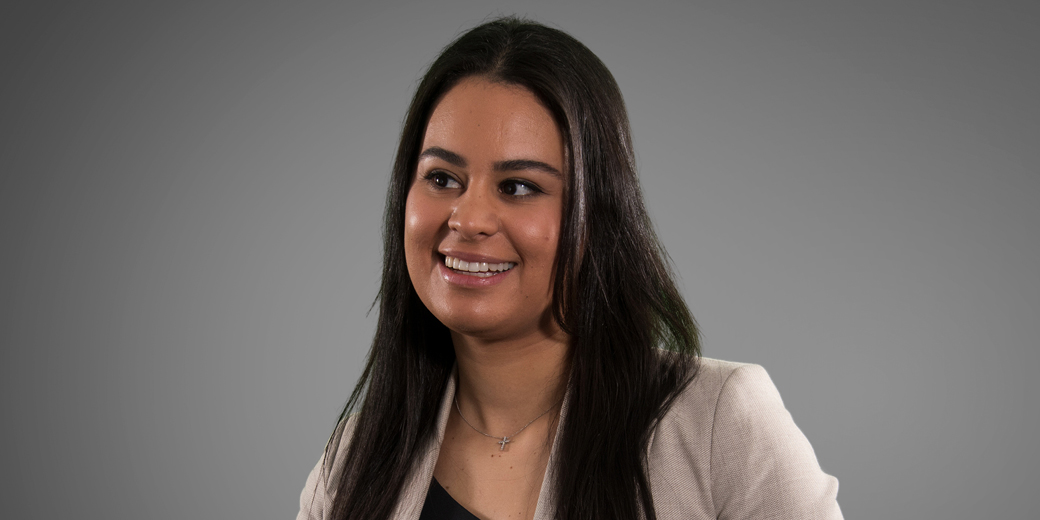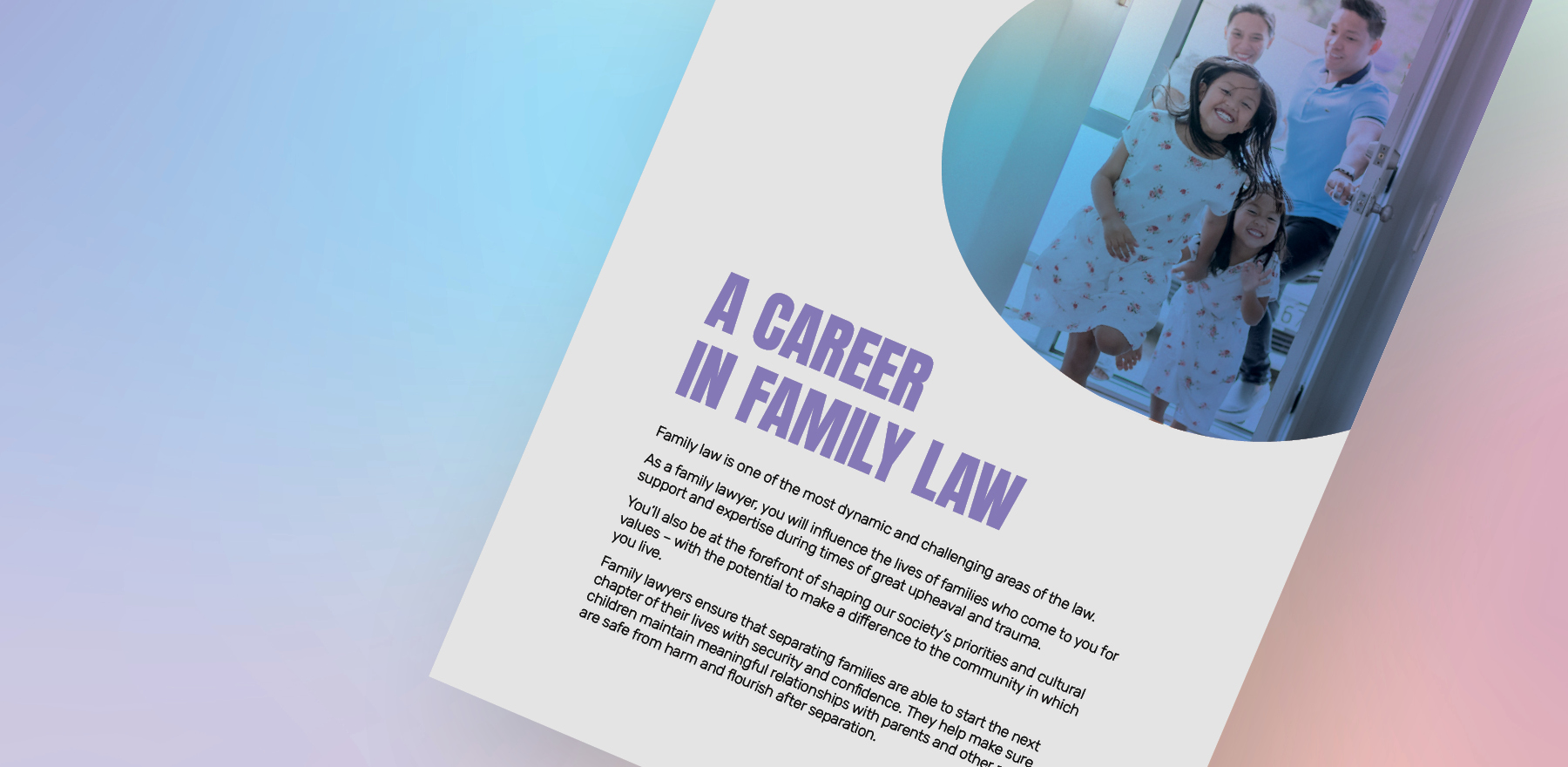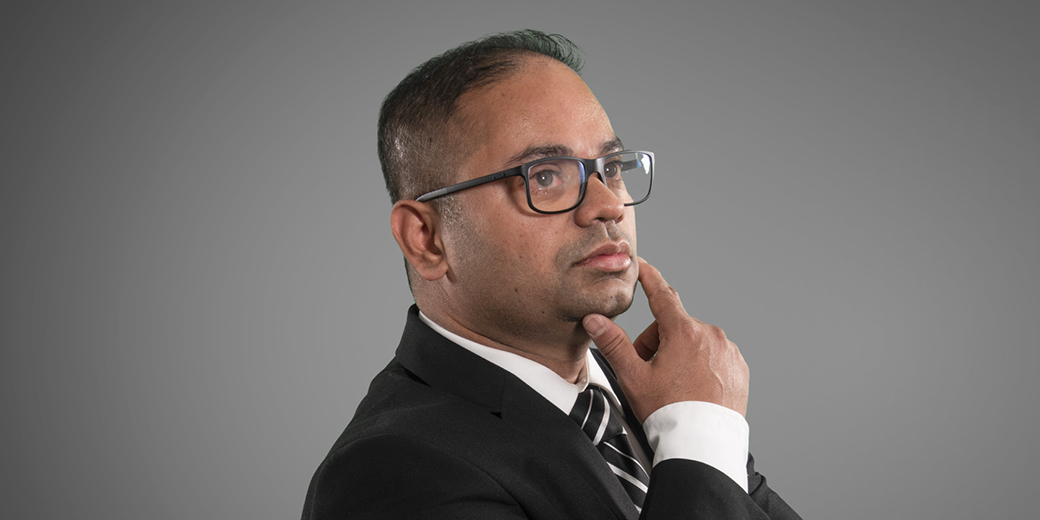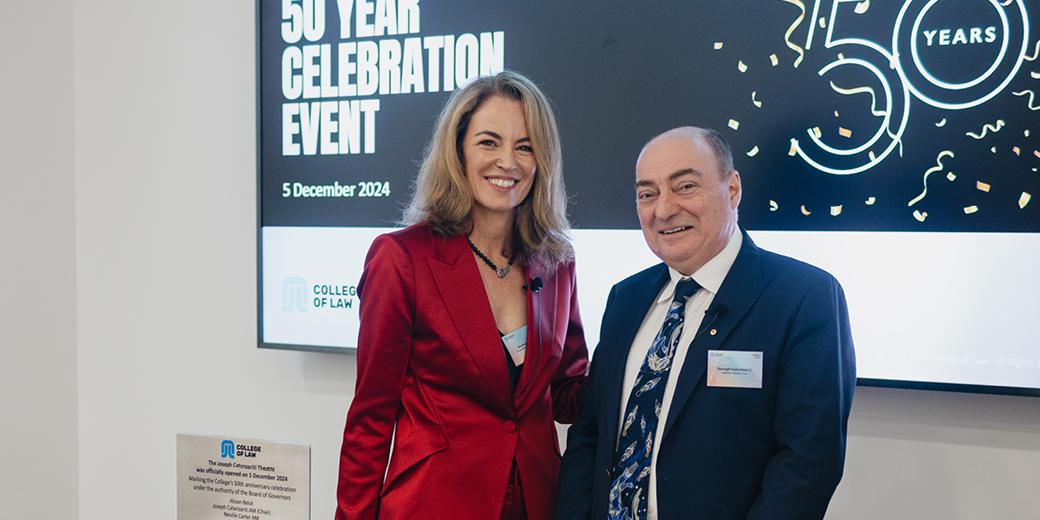Requirements For Admission
Ready to seek admission to practice as a lawyer? To do so, you’ll need to meet the following requirements:
- Completed your Bachelor of Laws or equivalent course
- Completed a Practical Legal Training (PLT) program, which awards you a Graduate Diploma of Legal Practice
- You’re a fit and proper person
But there are a few more steps after this that you need to take.
Here’s your checklist.
1. Proof of Qualification
To apply for admission you, you need to have a Certificate of Completion from The College of Law for your Practical Legal Training.
Here's what you need to do:
- Finish your coursework
- Complete your work experience requirements:
- Submit your Work Experience Application for Approval form
- Submit your Work Experience Declaration form
- Submit your Work Experience Journal (75-day work experience option)
- Finish your Continuing Professional Education (CPE)
- Provide your official law degree transcript
Once you've completed these steps, you'll get certified digital copies of your graduation documents through the My eQuals portal. You'll receive an email notification when these verified digital documents are ready. Then, you can proceed to apply to your local admitting authority.
Learn more about the My eQuals portal.
2. Apply for Admission
Each state and territory has different requirements and processes for admission. The process usually includes:
- Providing evidence of your academic and PLT qualifications
- Disclosing details of any conduct that may reflect on whether you are a fit and proper person
However, some admitting authorities impose specific, additional requirements for admission. For instance, if you’re in Queensland, the Legal Practitioners Admissions Board requires that you advertise your intent to apply for admission in local publications.
Please refer to your local admitting authority to learn more.
|
Region |
Admitting Authority |
Court |
|
Australian Capital Territory |
||
|
New South Wales |
||
|
Northern Territory |
||
|
Queensland |
Queensland Legal Practitioners Admissions Board (See the Queensland Courts website or the Queensland Law Society website) |
|
|
South Australia |
Legal Practitioners Education and Admission Council (See the Law Society of South Australia website |
|
|
Tasmania |
Board of Legal Education (See the Law Society of Tasmania website) |
|
|
Victoria |
Council of Legal Education – Victorian Legal Admissions Board |
|
|
Western Australia |
Once you have been admitted as a lawyer, you are eligible for admission in other Australian states or territories under the Mutual Recognition Scheme or directly.
3. Admission Ceremony
If your application for admission has been successful, you must attend an admission ceremony.
At the ceremony, you will:
- Take an oath of office or make an affirmation of office
- Sign the Supreme Court Roll
- Receive your Certificate of Admission
At the ceremony, your admission will need to be ‘moved’ by a person who is:
- On the Supreme Court Roll (whether or not the person holds a current practising certificate)
- An Australian legal practitioner, provided he or she holds a current practising certificate.
If you're a PLT graduate, the College of Law may be able to arrange the mover for your ceremony. Please contact us to learn more.
4. Practising Certificate
A practising certificate is a licence which allows a solicitor to provide legal services.
Below is a list of the organisations that issue practising certificates in Australia:
Region |
Practising Certificate Issuing Authority |
|
Australian Capital Territory |
|
|
New South Wales |
|
|
Northern Territory |
|
|
Queensland |
|
|
South Australia |
|
|
Tasmania |
|
|
Victoria |
|
|
Western Australia |
Once you have obtained a practising certificate you can practice law in any other Australian state or territory without applying for an additional practising certificate.
Professional Development
You need to undertake Continuing Professional Development (CPD) or Mandatory Continuing Legal Education (MCLE) to maintain your practising certificate.
But the specific requirements vary among states and territories.
The College of Law offers a range of CPD courses to help lawyers renew their practicing certificates.
